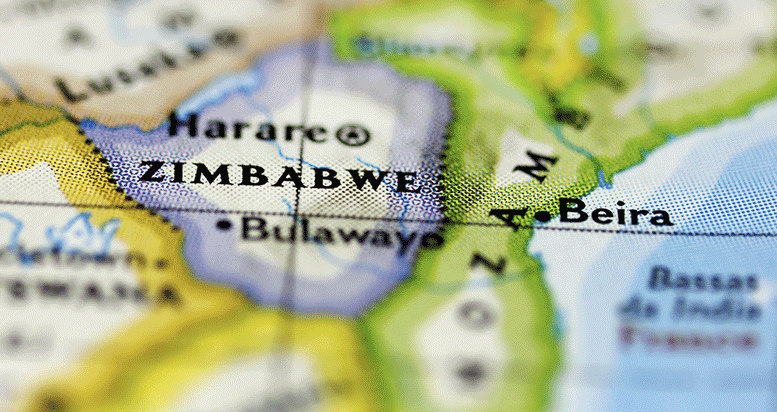Despite clearly defined laws and regulations, a “knowledge and information gap” is holding back the hemp industry in Zimbabwe, stakeholders say.
That gap is a challenge to widespread commercialization, with research and capacity building at low levels, according to Jonathan Mukuruba, agribusiness director at the Agriculture Marketing Authority (AMA), a part of the Ministry of Agriculture.
“The key challenges are production, seeds, access to finance from local financial institutions, market access, certification of our farmers, and value-addition,” Mukuruba said during a recent panel discussion. “We still do not yet have good agricultural control and control practices applicable to agricultural practices for our processors locally.”
Climate goals
Investing in research and development of Zimbabwe’s M-projects – an initiative to use mobile technology to improve agricultural practices and outcomes – and the creation of a carbon credits market could help advance the industry, Mukuruba said.
In urging the government to provide her organization with funding last year, Zimbabwe Industrial Hemp Trust (ZIHT) founder and chief executive Zorodzai Maroveke said the hemp sector could play a key role in the country meeting its environmental goals under the Paris Agreement to reduce greenhouse gas emissions and adapt to the impacts of climate change.
At the time, she said the ZIHT, a private initiative established to assist farmers in starting up hemp operations and to explore export potential, needs at least $3 million to lay a strong foundation for commercialization of the sector.
Zimbabwe’s hemp history
Zimbabwe started in hemp when the country moved to regulate and legalize cultivation and production in September 2019, and the “Industrial Hemp Regulations, Statutory Instrument 218” was put in place in 2020”. The government later opened up the domestic market for CBD as a traditional herbal medicine in 2022. Early the next year, amended legislation removed industrial hemp from the country’s list of dangerous drugs and set the defining line between marijuana and hemp at 1.0%, with oversight by the Ministry of Agriculture and the Ministry of Health.
That law, Criminal Law Amendment Bill 2022, was intended to open up the market to a wider range of hemp genetics and business in local seed research and production to expand options for farmers, the government said at the time – but apparently has not done so.
The Zimbabwean government said in May 2023 that it intended to ramp up research into developing domestic hemp varieties as part of the country’s efforts to shore up income from a shrinking tobacco industry, under the country’s Tobacco Research Board (TRB)
Plans & progress
“We have plans to produce industrial hemp seed in the long term after our Plant Breeding Division completes current projects on developing varieties suited to the Zimbabwean environment,” TRB CEO Frank Magama said at the time.
As of this year, the Agricultural Marketing Authority has issued a total of 61 licenses for hemp production, including cultivation, trade, research, and breeding. Reports suggest Zimbabwe has so far exported over 8,000 ton of hemp – most likely flower biomass for CBD — primarily to Poland, Switzerland and Germany, but figures are difficult to verify.
Zimbabwean authorities see industrial hemp as a replacement for the country’s falling prospects in tobacco, which makes up roughly 20% of the country’s exports, but to establish a robust hemp sector, the country will need to move beyond CBD into the production of food and fiber products.

